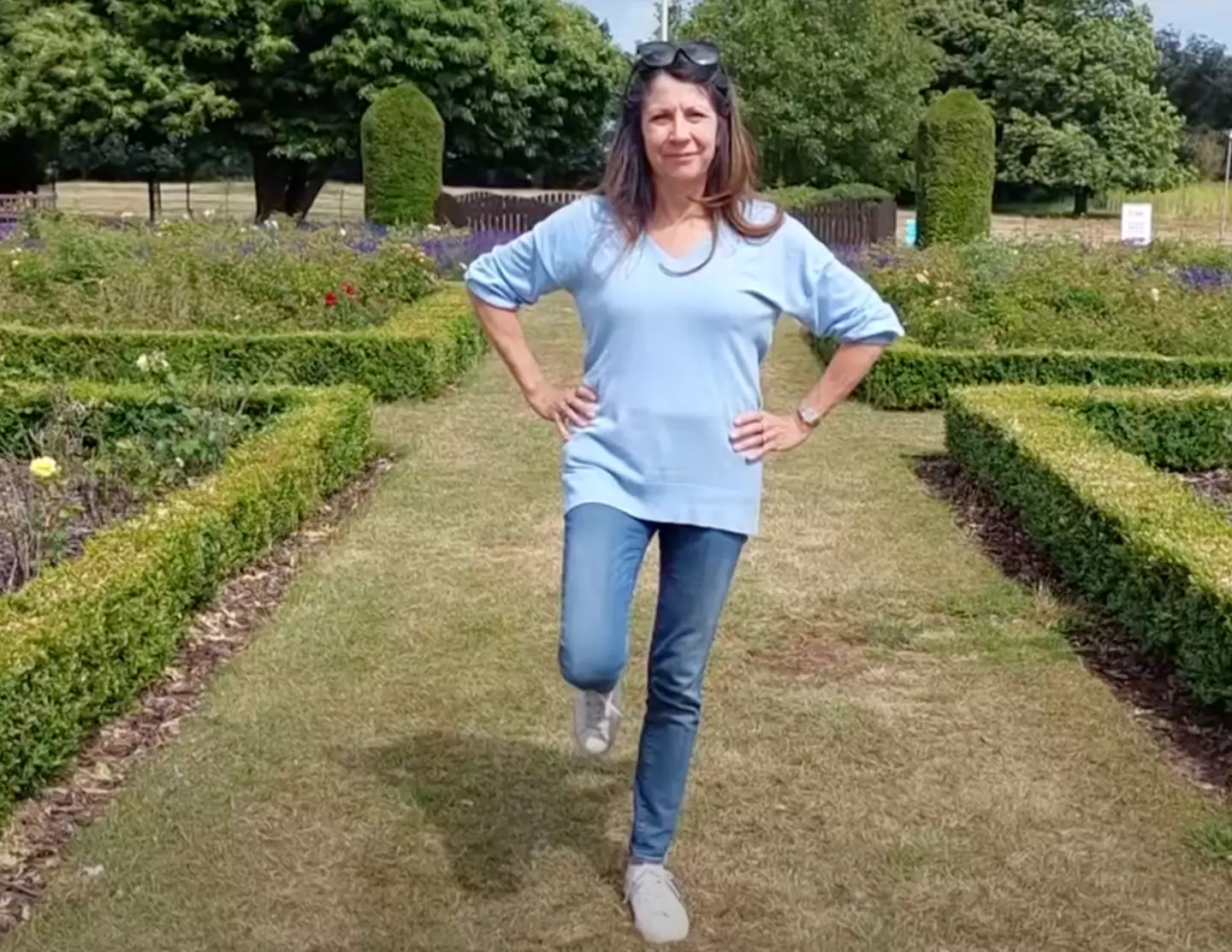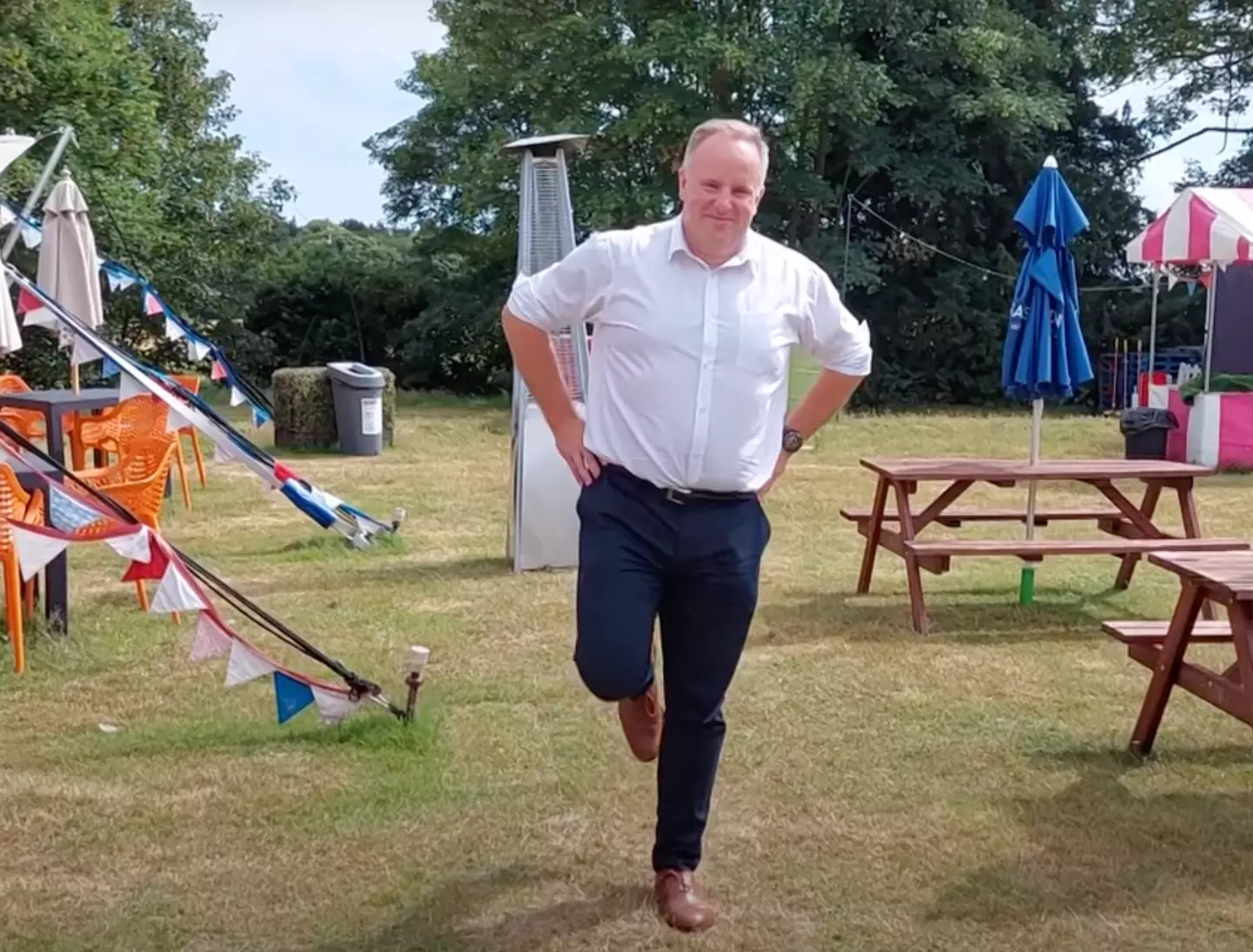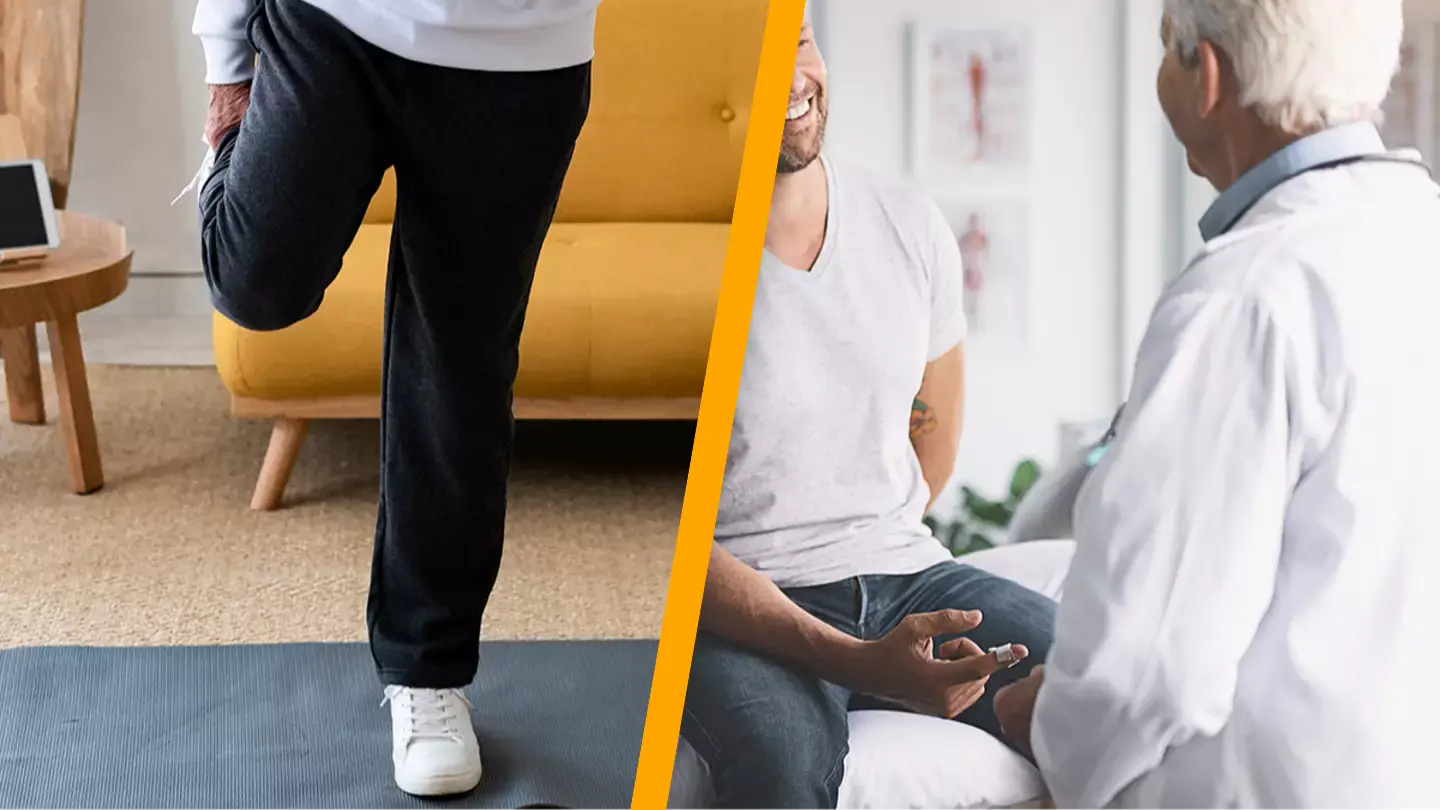Unexpectedly, the ability to balance like a flamingo provides more insight into your overall health than one might initially assume.
Many people consider themselves to be relatively healthy and in good physical condition, but how often do these perceptions get tested?
Healthcare experts have highlighted a simple test that can indicate whether you might be at risk of dying within the next decade.
This test is uncomplicated and takes only a few seconds to perform.
It emphasizes balance and strength—two aspects that diminish as frailty increases, heightening the risk of falls that can lead to serious injuries.

The test involves balancing on one leg while placing your hands on your hips.
Stand upright on both feet, then lift your dominant leg off the ground, and place your hands on your hips. Start the timer and stop it when your foot touches back down.
The UK’s National Health Service (NHS) has recommended the ideal time each age group should be able to balance.
Experts suggest that individuals aged 18 to 39 should balance for 43 seconds, 40 seconds for those aged 40-49, 37 seconds for ages 50-59, 30 seconds for ages 60-69, 18 seconds for those 70-79, and just over 5 seconds for those over 80.
The British Journal of Sports Medicine reports that “the inability to stand on one leg for 10 seconds in mid to later life is linked to a near doubling in the risk of death from any cause within the next 10 years.”

She added, “We know that people who struggle to balance for the expected amount of time are at a higher risk of developing ill-health as they age.
“By participating in the ‘flamingo challenge,’ individuals can quickly and easily assess their own risk levels. If they find themselves at risk, there are various activities they can engage in to enhance their overall fitness.”
If your balancing skills aren’t up to par, don’t worry as there are simple solutions to improve them.
Debbie Dyer, Clinical Lead for Ageing Well and Anticipatory Care at the North East Essex Alliance, discussed the importance of regular exercise for an aging body and its impact on balance improvement.

She stated, “We all hope to live independently and in good health as we get older, and leading an active lifestyle is a crucial element in boosting our chances of achieving that.
“Increasing our physical activity daily brings immediate advantages, as exercise greatly benefits mental health and provides opportunities to meet new people in the community.
“The longer daylight hours make summer an ideal time to be active and outdoors, no matter your age.
“Being fit and healthy enhances mental well-being and helps retain agility, strength, and balance into later years.”

